The Truth About Menopause
Randi Protter, MD, FACP, NCMP
Menopause is natural and normal. And sometimes so, so unpleasant. For many women, it’s also a bonding time – we wink when a colleague in a meeting deftly converts her handout to a make-shift fan, or when she peels off her cardigan to reveal a sleeveless top, regardless of the season. The sisterhood unites when we glisten (we don’t sweat…)
Some women sail through, other women suffer. There’s folklore and wives’ tales. But what do we really know? Lots! And here is some info to help keep it real:
The average age of menopause in our country is 52. Patients often ask for a hormone blood test to see if they are in perimenopause or menopause. There is usually no need for this. A woman’s hormonal status is determined by her monthly cycle history. In perimenopause, women commonly notice changes in their monthly cycle years before their last and final period. Sometimes there will be monthly skips, followed by months of regularity. Sometimes cycles will get closer together, and then further and further apart. A woman is in the menopause when there has been no bleeding at all – not even one drop – for a full year. If there is one drop of blood on day 364, the clock resets, and we wait for another full year.
Patients most commonly will seek treatment for the most annoying symptoms – hot flashes and night sweats. Also top on the list – vaginal dryness, painful sex, insomnia, and weight gain.
Not every woman has symptoms associated with menopause, but for those women who do have symptoms, treatment is only indicated if the symptoms are bothersome. Maintaining a normal weight, regular exercise, and quitting smoking (if applicable) may provide some relief of mild hot flashes.
Treatment for bothersome menopause symptoms should be customized, based on symptoms, coexisting medical conditions, and concurrent use of medications/herbs/supplements. We have many non-hormonal and hormonal options, and many different ways to deliver the medication – oral, topical (patch, creams, gels, sprays, etc), and vaginal (creams, tablets, and rings).
The North American Menopause Society (NAMS) is a great menopause resource.
If you are having bothersome menopausal symptoms, discuss them with your R-Health doctor – some specialize in menopause medicine – they can help you through this sometimes challenging transition.

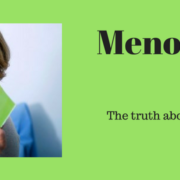
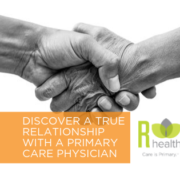
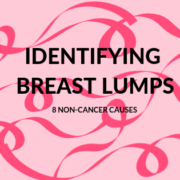
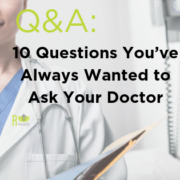

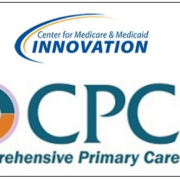
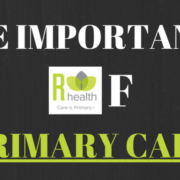
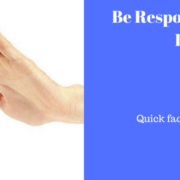




Leave a Reply
Want to join the discussion?Feel free to contribute!